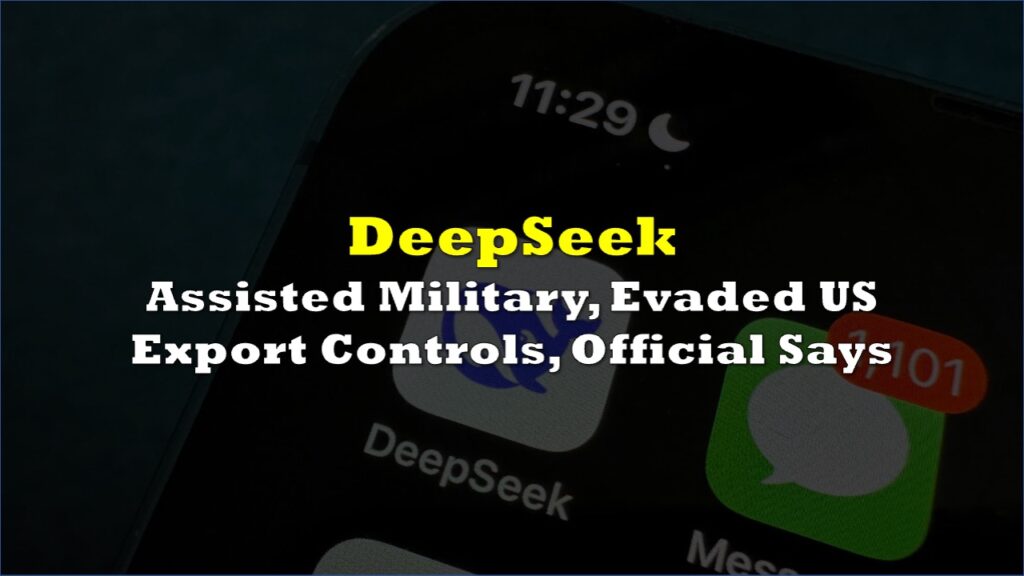US-based microchip company Nvidia (NASDAQ: NVDA) has reportedly suffered a cyber attack, with parts of its business experiencing outages for several days.
According to The Telegraph, Nvidia’s developer tools and email systems have been offline for the past two days, after suffering what appears to be a cyber attack. The malicious action comes just as Ukraine and the US brace for potential Russian cyberwarfare, as a means of revenge against Washington’s recently imposed sanctions targeting Russian banks and industrial sectors. However, it remains unclear whether there is a link between Nvidia’s outage and the ongoing Russian-Ukrainian conflict, or what entity was behind the attack.
According to one individual familiar with the matter, the cyber attack supposedly “completely compromised” Nvidia’s internal systems, and it is unknown if the attack resulted in the theft or elimination of data belonging to the company or its customers. Nvidia mainly produces graphics processing units used in advanced computer simulations as well as video games. However, the company’s chips are also central to national security, as their chips are used for artificial intelligence operations and robotics.
According to University of Surrey cybersecurity expert Alan Woodward, the cyber attack could have embedded viruses into Nvidia’s or its customers’ computer software, potentially gaining access to other sections of the company and steal sensitive information. “The ultimate concern is that somebody may have put something in one of the software updates,” he said, adding that, “they’ll be going through trying to make sure to see if there’s any indication that anything has been changed in their software that they then shipped to their clients.”
Information for this briefing was found via The Telegraph. The author has no securities or affiliations related to this organization. Not a recommendation to buy or sell. Always do additional research and consult a professional before purchasing a security. The author holds no licenses.









